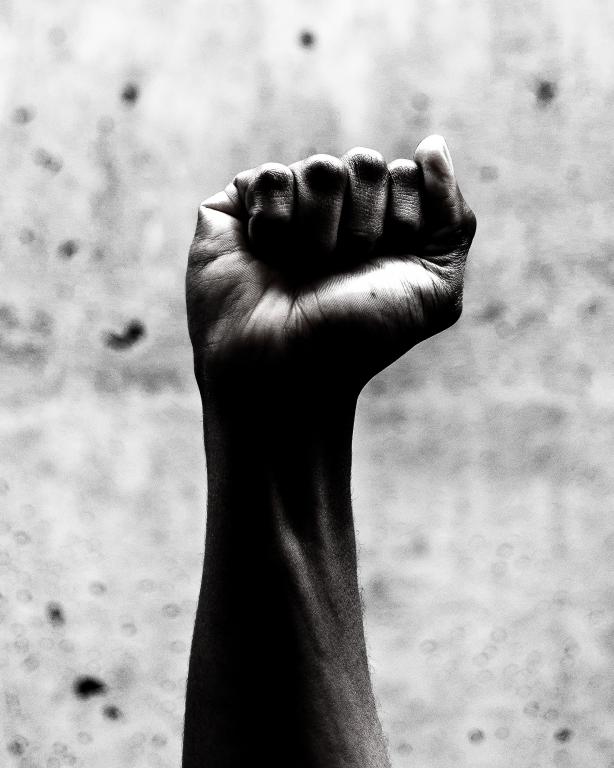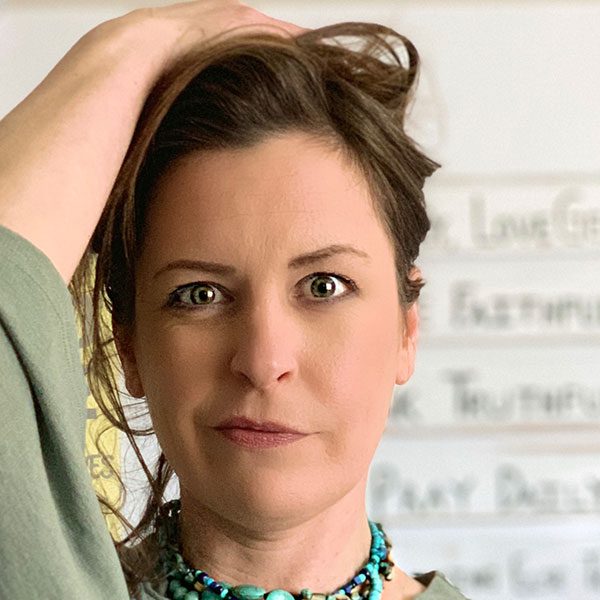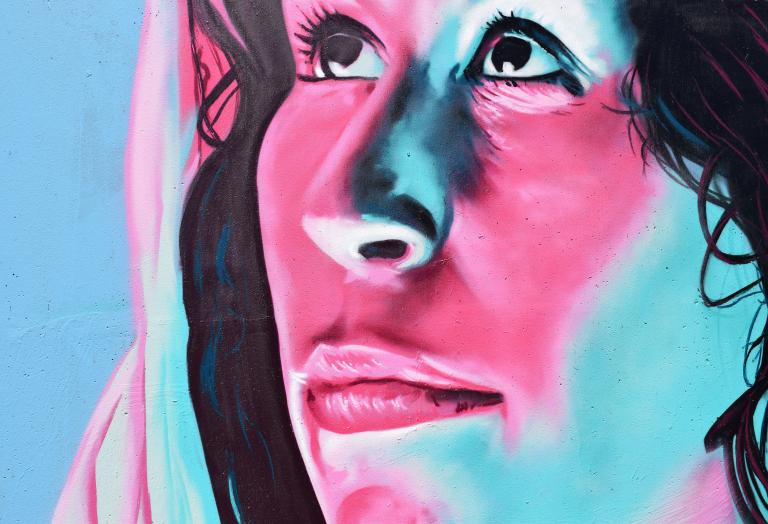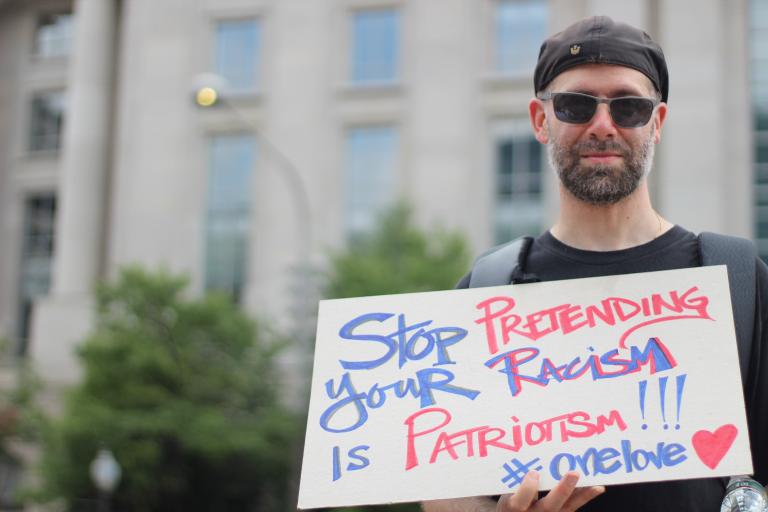
#MyWhitePrivilege was trending on Twitter over this past weekend. People love their hashtags. Especially if that means we can virtue signal and shed our white tears. Such a hashtag trend misses the entire point, and from my point of view, only grants more space to whiteness.
Doesn’t this kind of miss the whole damn point of recognizing white privilege? Awareness (for me) means that you don’t continue to contribute to whiteness, willingly. Also, a hashtag really doesn’t do anything to create the actual discussions that are crucial for interrupting racism.
Trigger Warning!
This post is not for the faint of heart. There is no safe space here. I am going to challenge you to really take another look at what your actions (tweeting) are really saying. Because, whether we want to accept it or not, as Willie Jennings stated, “How whiteness feels is how whiteness thinks.”
Whiteness feels comfortable and so we think that somehow, it’s comforting to tweet out all the ways in which we benefited from our white privilege, in 280 characters or less.
White Comfort
Social media is indeed an instant universe that allows us to share information at lightning speed. There is great potential in the ability to exchange insta-information, but rarely do we utilize the tools at our disposal for the best of intentions.
Instead of creating space to have real discussions with people who are not inside our direct circle; we utilize trends so that we can continue in our comfort, with as little inconvenience as possible. The social-media space provides for us an additional blanket to cozy-up in, so our comfort is not compromised.
We feel like we are actually doing something- changing something- when we tweet out or share anything that speaks to the nature of living an anti-racist lifestyle. The thing is, unless we are putting that practice into play in our daily lives, we are merely just virtue-signaling: “Look at me, I am woke, I am aware of my white privilege and if you tweet like me, you too, will look woke!”
Actions speak louder than words (and tweets), 1 John 3:18 reiterates this notion:
Dear children, let us not love with words or speech but with actions and in truth.
Hashtags and Aversive Racism
From my point of view, hashtag trends like this only perpetuate aversive racism.
Briefly, aversive racism is a “form of contemporary racism that manifests at the individual level”, In an indirect and subtle way, it operates unconsciously. It’s a denial of personal prejudice. For many (especially those of us that lean more left), it manifests when we are challenged to reexamine ourselves and critically evaluate whether or not our intention is having the impact that we meant for it to have.
Aversive racism only adds more bricks to the wall that we use to separate ourselves from the obvious racists. It allows us to think that statements such as: “My brother-in-law is black, so I cannot be racist” is actually a qualifying exemption from the assignment of the term racist. It does little to demonstrate curiosity to learn more about why one would think otherwise.
Sleep Woking
It is often assumed that if you vote toward the Left, you automatically fall into the category of “wokeness”. Which means for many, that our allegiance to a party already speaks for itself. These methods we use to label ourselves are sneaky little tools that we grasp onto so that we can exclude ourselves from the very necessary practice of being conscious to racism. But racism is complex and we woke folks just aren’t as invested.
Essentially, we believe we are woke enough already. The thought that we still have much to learn makes us feel inadequate. But, as fellow Patheos blogger Dr. Samatha Kline points out:
These individuals are so deep they are stuck.
So woke that they are asleep.
They are sleep woking.
And they do not even realize it.
We need to talk about it ’cause staying woke has issues.When it comes to talking about race, sleep woke people’s approaches can work on par with people who maintain racism and White supremacists. I place it under the category of social justice hypocrisy. Different motives. Similar emotional and behavioral patterns.
Let’s take a closer look. Both:
- Are avid know-it-alls, have self-righteous faux humility, and struggle with how to engage and sustain substantive dialogue with differing views.
- Restrict their critical thinking to examining the wrongs of the Other, thus ignoring the complexity of humanity.
- Are easily triggered and gifted in the art of reacting online and offline, without listening, reading, and reflecting.
- Both construct a narrow vision of the world and attempt to police people who do not share it.
- Both can regurgitate their respective believes and ideologies. Neither have made time to question them. Questioning is the job of the Other.
- Both thrive off of bandwagons and mob tactics. These individuals get loud and draw a crowd.
Staying woke- being aware of our white privilege- requires not only an ongoing education, but also an ongoing self-examination.
Good Intentions Require Introspection
Hashtags come with good intentions. I see that. The intent is to bring awareness to something that most of us take for granted. For those not ready to hear the truth about white privilege; this hashtag only granted them a stage to mock the idea that white privilege is even a relevant topic. I beg to differ, but we will save that for another time.
But before we jump on the woke-wagon; can we pause and critically evaluate the urge to shed our white tears? Here I would like to defer to Robin Diangelo, author of White Fragility- Why It’s So Hard for White People to Talk About Racism; she succinctly explains how (and why) white tears effectively do nothing. She writes:
If we whites want to interrupt this system [of white supremacy], we have to get racially uncomfortable and be willing to examine the effects of our racial engagement. This includes not indulging in whatever reactions we have- anger, defensiveness, self-pity, and so forth- in a given cross-racial encounter without first reflecting on what is driving our reactions and how they will affect other people.
Tears that are driven by white guilt are self-indulgent. When we are mired in guilt, we are narcissistic and ineffective; guilt functions as an excuse for inaction.
Our desire to want to participate with a trending hashtag movement doesn’t deliver any true results that can be observed by the very people we claim to be standing up for. It’s inauthentic, mainly so, because for many, it took a hashtag movement for one to even realize that they had been an active participant in the system. Beyond that, what else does it actually do to stop police brutality, racist jokes exchanged in the office, or dinner discussions that place blame on People of Color?
Awareness is crucial and I applaud the efforts, but can we back it up with some continuing education?
Rolling Your Eyes Doesn’t Interrupt Racism
In our efforts to bring awareness to the masses; we utilize social media and we participate in protests. Beyond that, many of us prefer the comfort of our white solidarity. Many of us also fail to even pick up on subtle demonstrations of racial prejudice. And if we are called out on it- if someone is willing to confront us on it- we deflect and defend.
We say things like: “I read White Fragility, I know what racism looks like.”; “If you hang around my wall long enough, you’ll know that I call out such racist BS regularly. You’ll also know that I’m continually barraged with such nonsense and can’t be expected to always notice every single racist undertone being made. To be perfectly honest, I rolled my eyes so hard [at the racist comment].”
Instead, we should be greeting confrontations with gratitude. Of course we don’t always notice every racial undertone being made, but that doesn’t mean we are exempt from feedback, especially if it’s delivered with compassion. We are all still swimming in our white water and still in need of a filtration system. We are still thinking in whiteness.
Interrupt Privilege-Protecting Comfort
When we are truly interrupting racism, we have to strip down and remove the robes of our protection. And that’s going to feel uncomfortable. It’s going to feel as if you are naked and exposed. Our ego is going to fight against this disrobing with every ounce of energy it can muster up.
Even us woke white folks have blind spots. Although we may believe we had all the education we need; that’s simply just a lie our ego tells us so we can feel confident with all we know. We can read all the books and watch all of the lectures given by Ibram X. Kendi, Michelle Alexander, and Robin Diangelo; but we cannot possibly understand the entirety of racism from our white perspective.
Going Forward
We have to come from an authentic and vulnerable place. We have to be willing to accept the criticisms of our missteps and continue to stretch our worldview. When we are confronted, we have to work hard at putting the ego aside to hear the message.
Interrupting racism includes interrupting our own patterns of behavior which includes being more conscious and aware of coded language, too.
Interrupting our privilege-protecting comfort means that we are building the capacity to endure discomfort. That means that we take responsibility for our initial desire to want to defend ourselves, and ask ourselves: What does this say about me?
Going from there, we adjust, develop resiliency, and realize that confronting and interrupting racism isn’t about how one personally feels about the way the message was sent, but more so about the message overall and what we can learn from it.
If we are not willing to accept the message that we may have miss-stepped, we aren’t going to grow our awareness to our privilege. We don’t want to stunt ourselves from the evolution that is necessary to actually lead anti-racist lives.
















